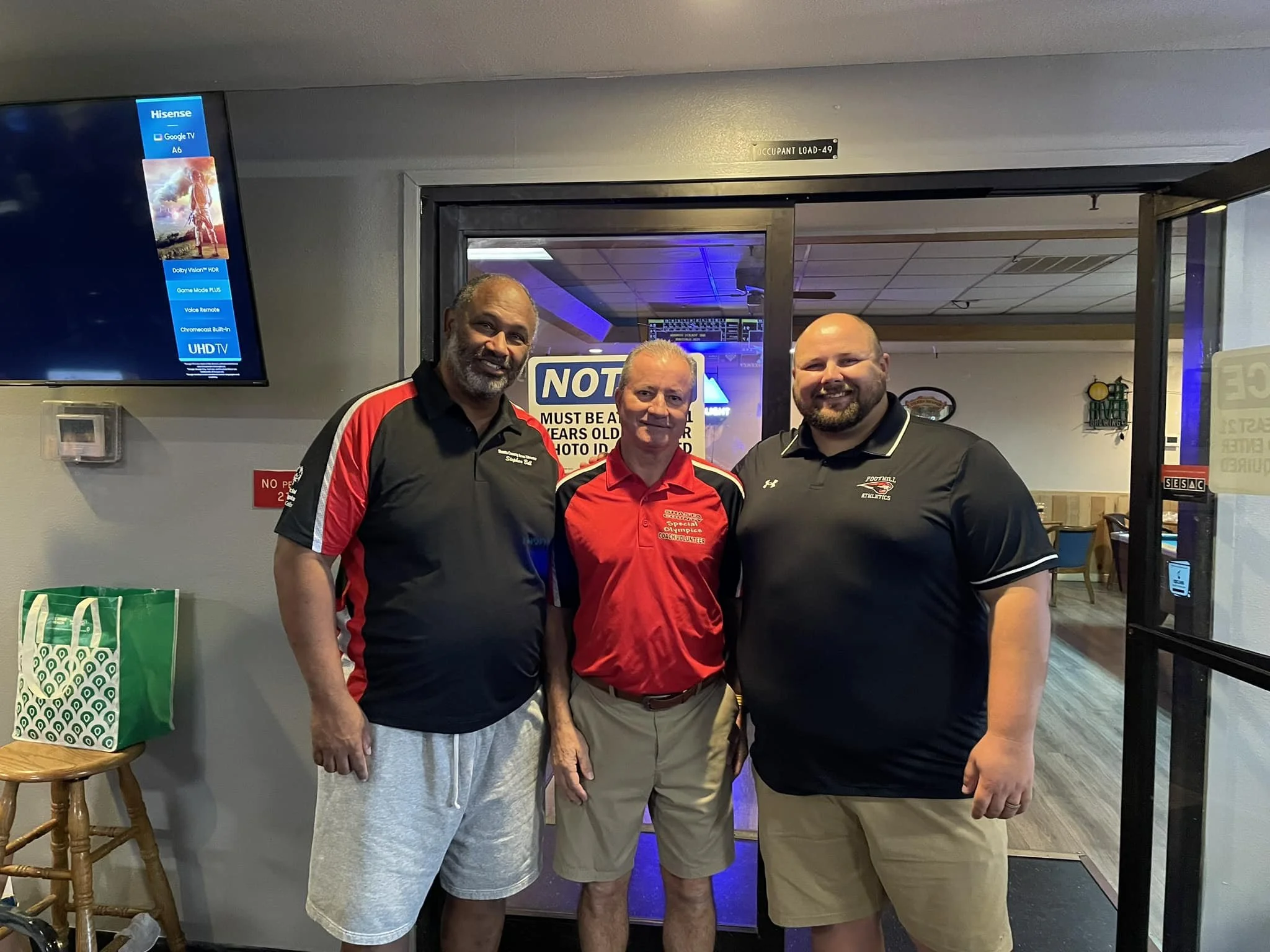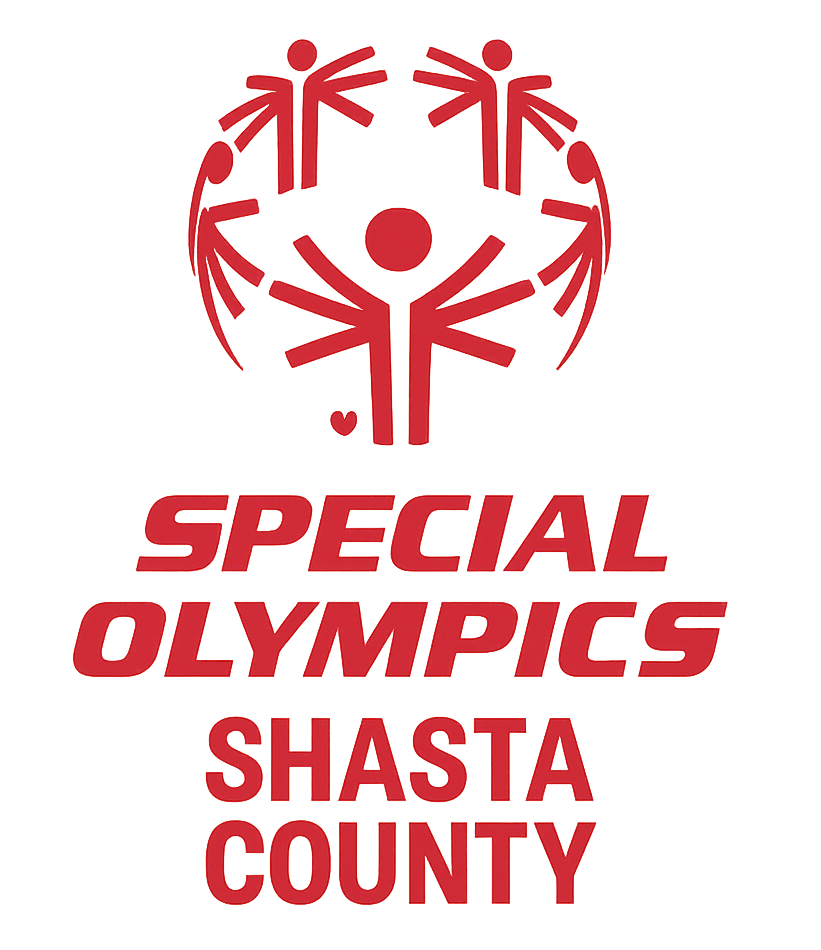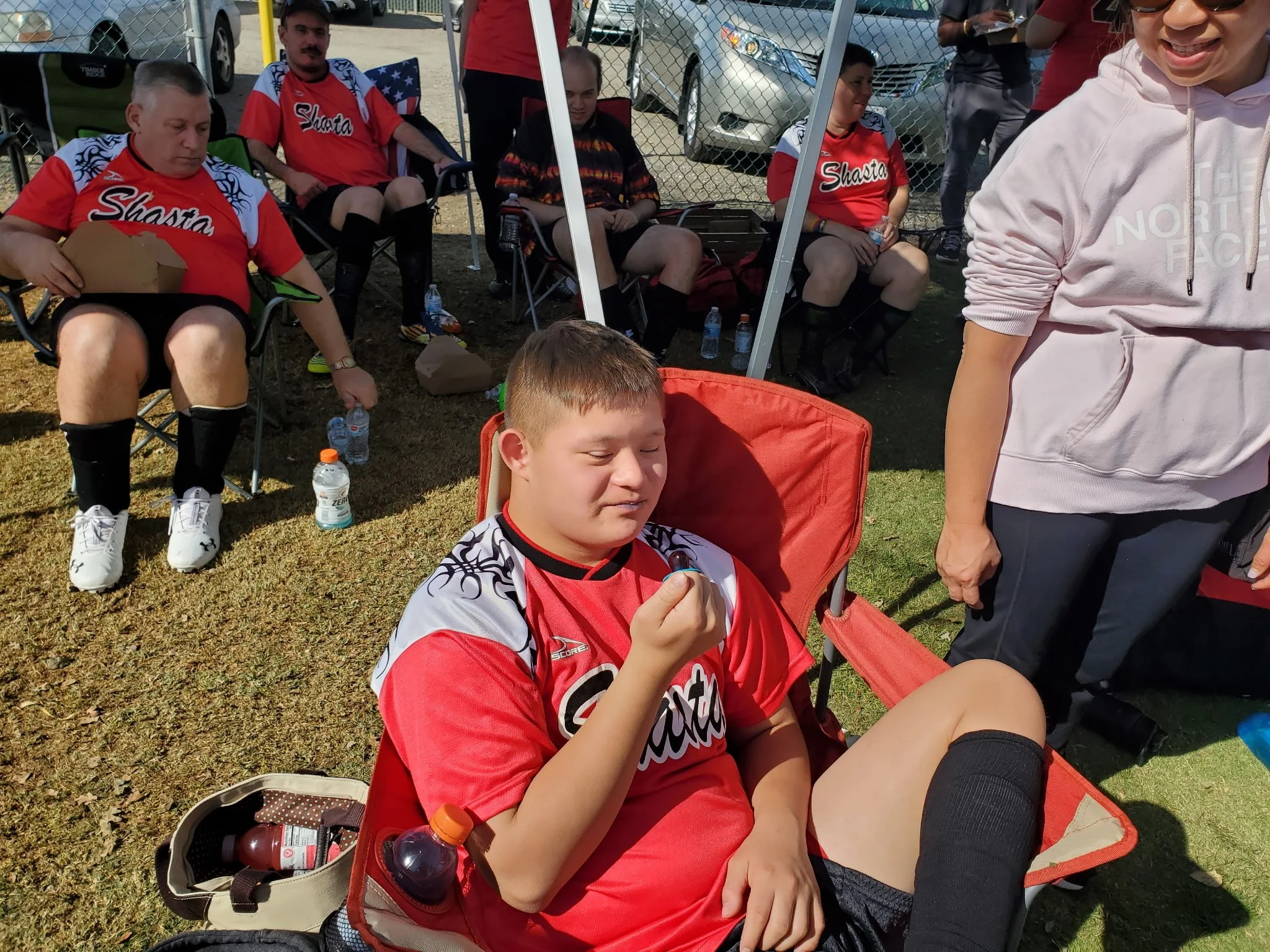
Frequently asked questions.
Frequently Asked Questions (FAQ) for Parents
1. What is Special Olympics?
Special Olympics is a global movement that provides year-round sports training and athletic competition for individuals with intellectual disabilities. It’s about inclusion, confidence, and fun—on and off the field.
2. Who can participate in Special Olympics?
Any individual aged 8 and up with an intellectual disability is eligible to participate. We also offer Young Athletes programs for children ages 2–7.
3. How do I register my child?
Visit our [registration page] or contact your local Special Olympics office. You’ll complete a registration form and a medical form signed by a healthcare provider.
4. What sports are available?
We offer a variety of sports including track & field, swimming, basketball, soccer, bocce, and more. Availability may vary by location.
5. Are there costs involved?
Participation in Special Olympics is free. We provide equipment, coaching, and uniforms at no cost to families.
6. Will my child be safe?
Absolutely. Athlete safety is our top priority. All coaches and volunteers undergo background checks and training. Events are staffed by trained medical professionals when necessary.
7. My child has limited mobility. Can they still participate?
Yes! We offer Unified and adaptive sports opportunities for athletes of all ability levels, and our coaches work to ensure every athlete is included and supported.
8. What are Unified Sports?
Unified Sports brings together individuals with and without intellectual disabilities to train and compete as teammates. It promotes inclusion and friendship through shared experiences.
9. How much time is required?
Most teams practice once or twice a week with seasonal competitions. Time commitment can vary by sport and level of involvement.
10. How can I get involved as a parent?
Parents are encouraged to support their athletes by cheering them on, volunteering at events, or even becoming certified coaches or team assistants.
11. What are the benefits for my child beyond sports?
Special Olympics fosters self-esteem, social skills, independence, and community connection. Many athletes develop lifelong friendships and confidence that carries over into other parts of life.
12. What if my child is nervous or shy?
That’s completely normal. We focus on building trust and confidence at a comfortable pace. Many athletes start with individual sports or our Young Athletes program before trying team activities.





